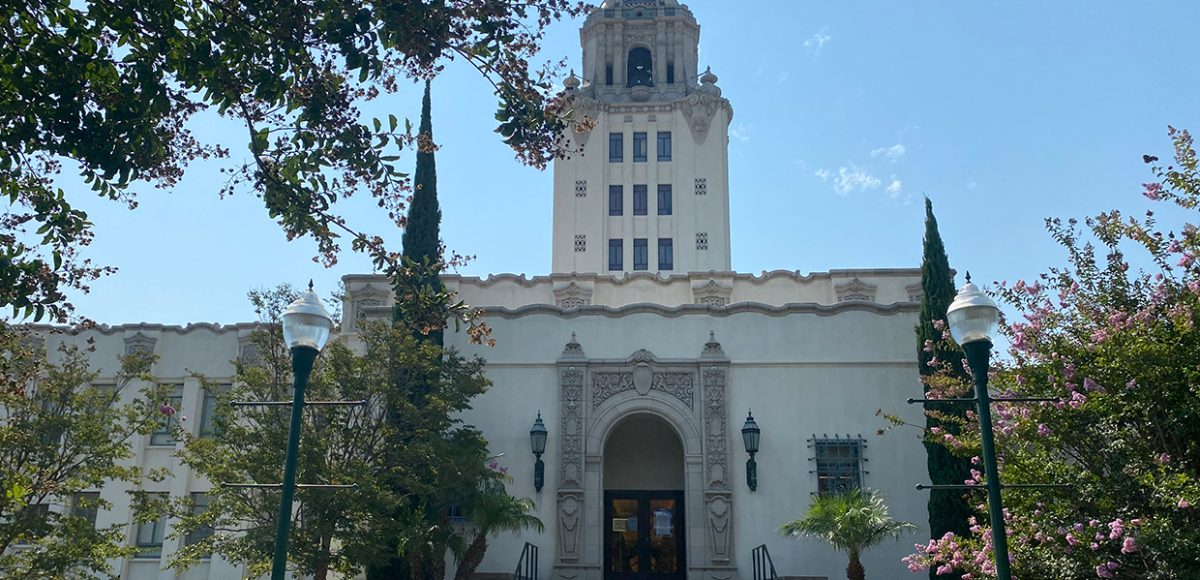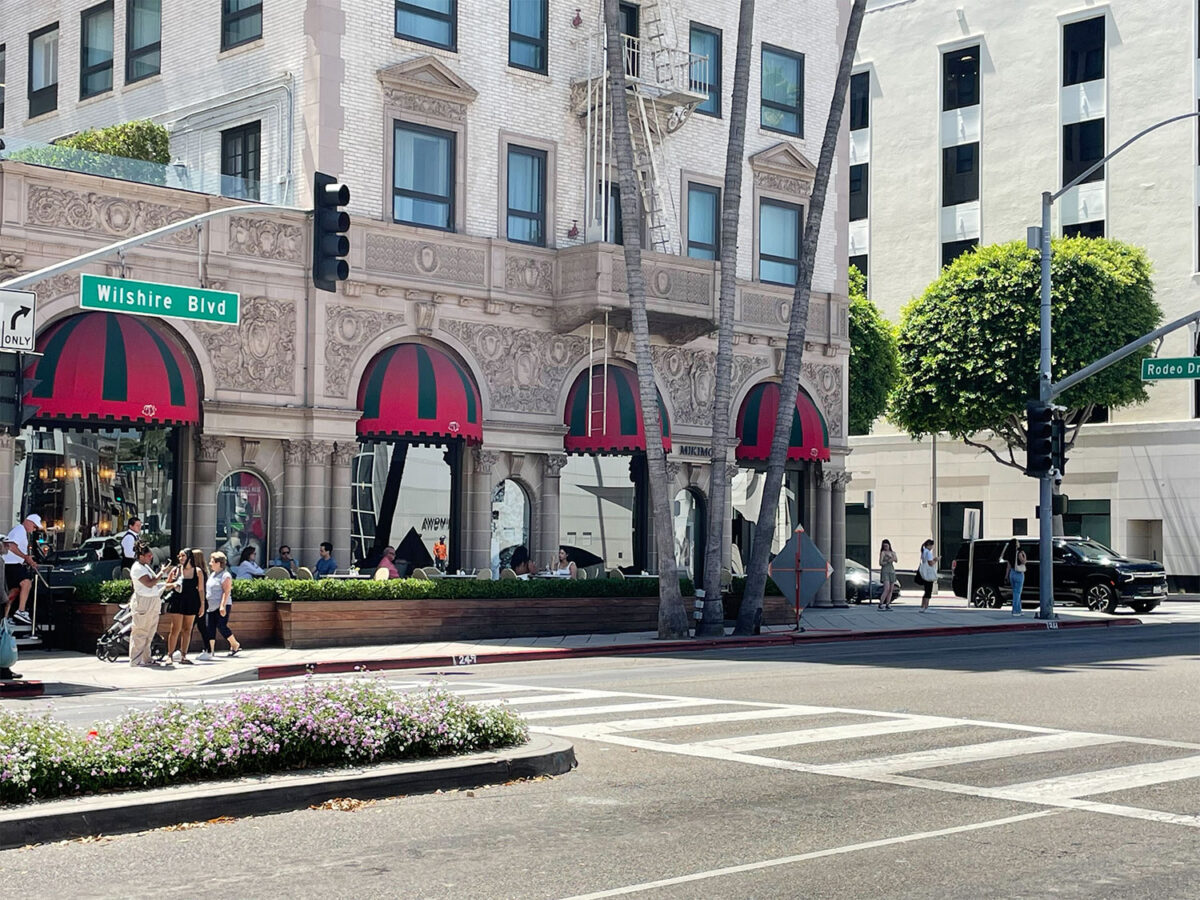The Beverly Hills City Council approved a resolution at its Sept. 15 regular meeting reaffirming the City’s support for the Keeping California Safe Act, now known as Proposition 20.
It’s the second time the Council affirmed its support for the Act.
In 2018, the Council adopted a resolution in support of the Keeping California Safe Act of 2018. The initiative is now on the Nov. 3 ballot as the Criminal Sentencing, Parole, and DNA Collection Initiative. But, the language and legislative intent of the legislation remains unchanged from 2018.
The law aims to roll back previously passed criminal justice measures, Assembly Bill 109 in 2011; Proposition 47 in 2014 and Prop. 57 in 2016. Those measures were enacted in response to court orders to reduce the state’s prison population. They resulted in fewer crimes being defined as serious and violent felonies and allowed more offenders to serve time in local jails or become eligible for early parole.
Citing unintended consequences and increasing crime statistics, Prop. 20 advocates say it is time to amend those laws. Supporters of the initiative include California Associations of Peace Officers, Police Chiefs, State Sheriffs and District Attorneys. They point out that sex trafficking of a child, spousal abuse, and some types of rape are not defined as violent crimes. They say dangerous criminals who participate in repeated, organized thefts are treated like shoplifters.
Prop. 20 changes the parole system to stop the early release of certain violent felons, expands parolee oversight and strengthens penalties for parole violations. It also requires a mandatory court hearing for anyone who is charged with a third violation of parole.
The Proposition will give prosecutors the option to file felony charges for crimes currently only chargeable as misdemeanors, including some theft crimes where the value is between $250 and $950. Other charges that can be brought as felonies include firearm theft, vehicle theft, and unlawful use of a credit card. The law will also establish two additional types of crimes in California Penal Code–serial crime and organized retail crime–and charge them as “wobblers” (either misdemeanors or felonies).
The ballot initiative would also require persons convicted of certain misdemeanors that were classified as wobblers or felonies before 2014, such shoplifting, grand theft, and drug possession, along with several other crimes, including domestic violence and prostitution with a minor, to submit to a collection of their DNA for use by state and federal databases.
“It is administrative clean up,” Michele Hanisee told the Courier, in reference to the loopholes left by Prop. 47, 57 and AB 109. Hanisee is President of the Association of Deputy District Attorneys (ADDA), the professional association for the deputy district attorneys (DDAs) of Los Angeles County. She, along with other prominent DDAs in the state, helped draft Prop. 20.
The process has thus far gone through 45 drafts.
“When you write a new section of the Penal Code, it can be fraught with peril. You can’t just say ‘this should be illegal.’ You have to figure out how it relates to every other code section in the book. That’s what went wrong with Prop. 57. They didn’t do all the work to integrate it with everything,” said Hanisee.
The need for Prop. 20 is particularly acute at the present time, she added.
“Rampant retail theft is on the rise. We have a rise in homelessness. When you stop forcing people into drug treatment as a condition of parole, you can’t expect addicts to make intelligent choices,” she said.
Opponents of Prop. 20 argue that it would lead to a huge increase in prison spending, widen disparities and reduce investments in communities, where it is needed most. Groups in opposition include the California Teachers Association, Service Employees International Union, California Labor Federation, California Correctional Peace Officers Association, California Fire Chiefs Association, United Way of California, Sierra Club, California Black Chamber of Commerce and the Chief Probation Officers of California.
Former Governor Jerry Brown has called the Proposition “the latest scare tactic on criminal justice reform.”
“My main concern is that much of the opposition arguments are blatantly false,” said Hanisee. Prop 20 doesn’t send anyone back to prison. It doesn’t add penalties to anything at all. It says that violent crimes shouldn’t be eligible for early release. As a prosecutor you work very closely with victims of crime you have a lot of empathy. That’s why we’ve worked so hard on this.”
For information on how to vote in the Nov. 3 General Election, visit CAEarlyVoting.sos.ca.gov.







